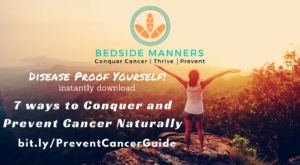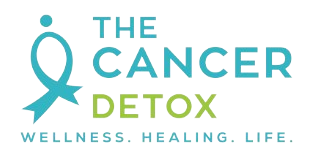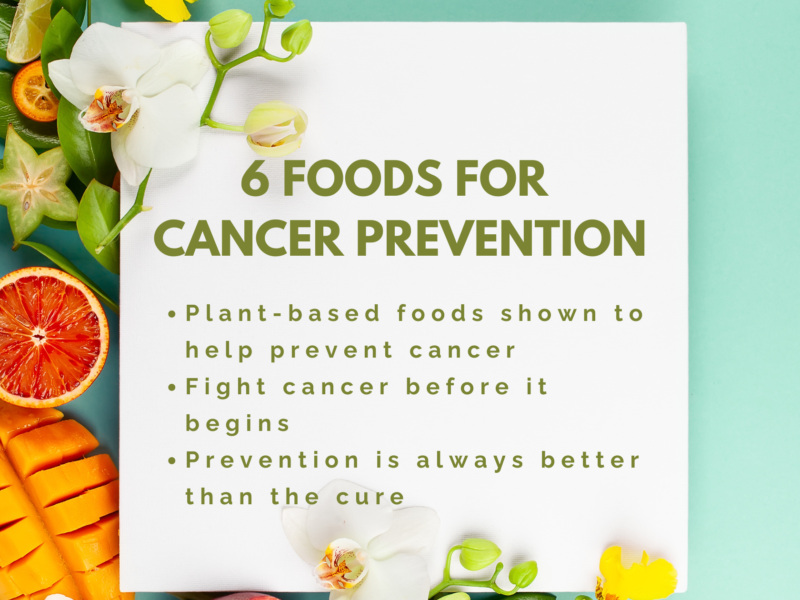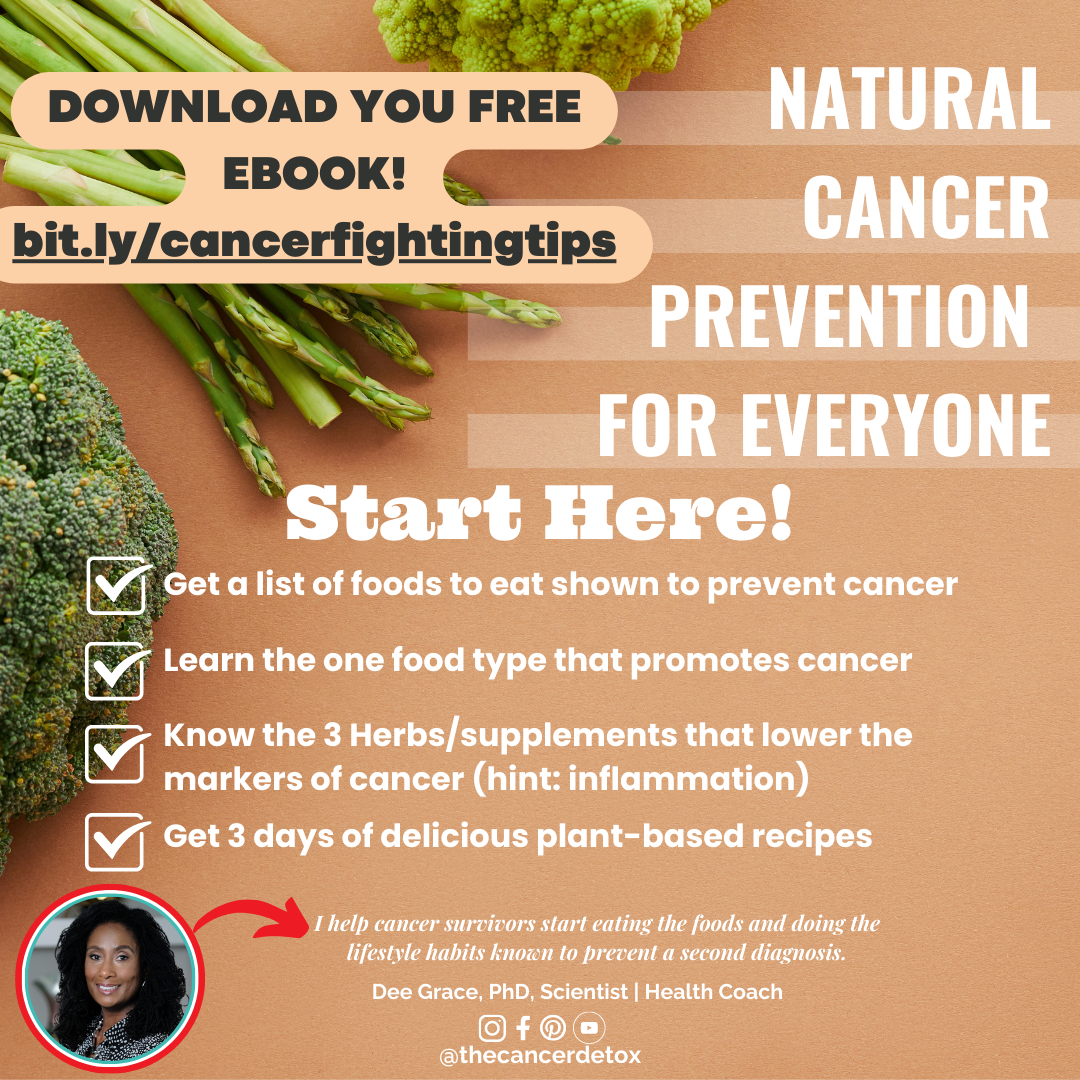Estrogen Receptor Negative Breast Cancer and Cruciferous Vegetables
Can We Trust the Reports on Cancer Prevention?
I just came back from a relaxing and enjoyable weekend in suburban Boston getting trained on yoga for breast cancer patients and survivors. The focus was on reducing the side effects of surgery, chemotherapy, and radiation with gentle yoga. Our breast cancer yogini was Camille of exclusive yoga, and she did a fantastic job of not only demonstrating the movements, but also on the science behind benefits of yoga.
The added bonus of this training was learning about how to read the statistics of scientific studies. Camille expertly explained that reports of the latest drugs for treating breast cancer may overly state the benefits. Could that be true for healthy eating studies focused on cancer patients? I went back to a recent study I quoted on this blog to see if it were true. And sure enough, they reported overly inflated stat numbers (relative risk) as opposed to absolute risk. Trust me, the latter is better.
Once I read through the study stats and saw where the relative risk numbers differed from the absolute risk, I could understand why reporting the right percentages is so important. Fortunately, there still was a significant reduction in the risk of a woman eats more cruciferous vegetables (e.g. cabbage, broccoli, kale, etc.).
Cruciferous Vegetables and ER- Breast Cancer Risk
The Nurse’s Health Study has been analyzing the food intake of 121,700 female nurses since 1984. Since that time, there have been 575 women who developed estrogen receptor negative (ER-) breast cancer. ER- breast cancer is one of the more difficult types of breast cancer to treat, as it is not caused by exposure to estrogen. Therefore the typical treatments (e.g. reducing the amount of estrogen hormone in the body using drugs) does not work for this type of cancer.
Did eating cruciferous vegetables have a protective effect in lowering the risk of this ER- breast cancer? Here are the numbers:
- There were 306 women who reported they were diagnosed with ER- breast cancer that ate less than 2 servings a week of cruciferous vegetables (that’s a 53% absolute risk of developing breast cancer eating this amount of vegetables)
- 194 women reported ER- breast cancer that ate 2 – 4 servings of cruciferous vegetables per week (33% absolute risk)
- And 75 women reported ER- breast cancer that ate 5 – 6 servings of cruciferous vegetables per week (13% absolute risk)
Clearly, the more cruciferous vegetable servings eaten, the less risk of developing ER- breast cancer. Based on these numbers, cruciferous vegetables may offer a protective role in preventing ER- breast cancer and could be part of a prevention strategy for those women who are at risk.
Here’s to your best health!
Dr. Dee Grace, PhD Scientist │Cancer Patient Advocate 770-229-7129 info@drbedsidemanners.com
Conquer Cancer │Thrive│Prevent. Bedside Manners provides health advocacy and education so cancer patients get good bedside manners and healthcare. We focus on 3 things: 1) educating patients on science-backed natural ways to improve their quality of life; 2) empowering patients and survivors with a “survivorship game-plan”; and 3) ensuring patients receive quality healthcare that improves their chances of survival.
Want to learn more about us? Instantly download our mini-guide:
7 Ways to Naturally Conquer and Prevent Cancer






